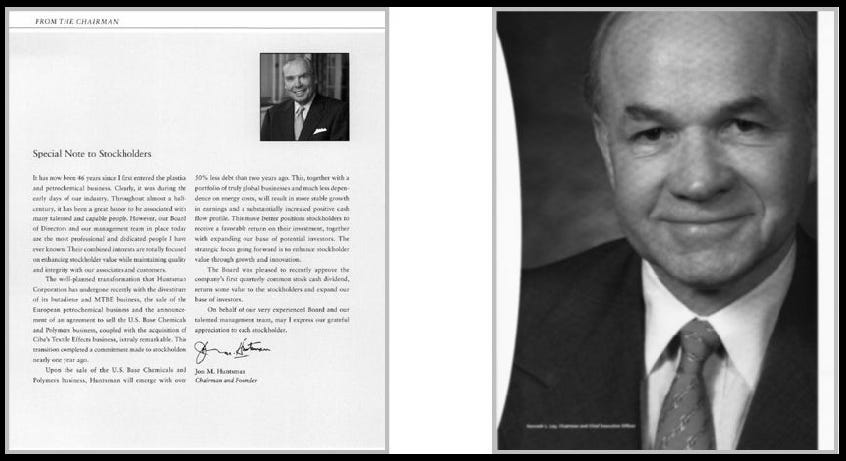Being fair is not the best way to succeed
Insights from "Give and Take" by Adam Grant
Nobody wants to be an asshole, but being a sucker is also bad. The middle ground is the best path, right?
In Give and Take,
shares why he thinks differently.Communicating styles
He divides our communication and working style into 3 main categories:
Givers – people who give unconditionally, who will spend hours helping you without expecting anything back. They don’t care about fairness, they just want to help those around them.
Takers – people who like to make the most profit for themselves (and their companies). They will exploit ‘suckers’ (usually givers), and always drive a very hard bargain.
Matchers – people who will gladly help you, if they know you will help them in the future (or helped them previously). They are advocates of fairness and exchange of knowledge and time.
If you were asked which of the types are the lowest performers at work, and are always late with their tasks, what would have guessed?
You are right - the Givers. One study (among multiple mentioned in the book) of more than 600 medical students in Belgium showed that givers got the lowest grades. It makes sense: if you spend all your time helping others, you’ll be left with little for yourself.
Here comes the interesting part. Which type are the highest achievers, the top percentile of people in all industries? Is it Takers or Matchers?
Surprise!
The givers again!
“This pattern holds up across the board, the top performers were givers, and they averaged 50 percent more annual revenue than the takers and matchers.”
It was only at the start of medical school that givers underperformed. They increased their scores each year and by the sixth year, the givers earned substantially higher grades than their peers. When the givers became doctors, they climbed still further ahead. And this pattern holds true across occupations.
The worst performers and the best performers are givers - takers and matchers are landing in the middle.
Givers and Takers in the software world
Giver software engineers
If you ever had the chance to work with a Giver, you know what a pleasure it is. That teammate who will always help you, sit by your side and debug your complex problem.
Yes, we all have our goals and tasks we need to accomplish. Our job requires concentration and deep work, and it’s hard to work if we are constantly distracted by questions from other people.
Grant suggests offering help in ‘fixed windows’. Leave yourself time for focused work, but when you do help a teammate - give it everything you have.
We all want to work with the givers. From a selfish perspective - eventually, those are the people that get promoted.
Taker leaders
Have you ever met an executive, who always says ‘I, me, mine, myself’? Taker leaders can be charismatic, and even deliver results, but they don’t inspire us.
Giver CEOs genuinely care about the people they manage, and not just about how they seem.
It’s very easy to spot them. An interesting method is to look at the annual reports of companies. Guess who is the taker? (hint - look at the image size)

Over-givers
It’s possible to give too much. Some people are too generous, usually against their own self-interest.
These people usually end up less successful because they prioritize others and neglect their own needs. The book introduces an important concept: self-interest and altruism aren't opposites - they're two different dimensions.
Over-givers score high in altruism but low in self-interest. The most effective givers, see it as a choice, not a compulsion. They are strategic about when and how to help people. (this sounds closer to being a matcher, but they don’t expect anything in return!)
Signs of being an over-giver:
When giving drains your energy or resources: If your giving consistently leaves you feeling exhausted, it's time to reassess.
When others take advantage of your giving: While not all situations require reciprocity, watch out for exploiters. If someone consistently benefits from your giving without offering anything in return - stop it.
When people become dependent on your giving: Sometimes, your well-intentioned giving can limit others' growth. Especially if you are a manager - consider stepping back and allowing others to take ownership of their challenges.
Can you change your style?
While reading the book I examined my communication style - I’m definitely a matcher. It’s hard for me to help someone at the expense of accomplishing my own tasks, and usually after providing significant help I kind of count on the other person to help me when I’ll need it.
I felt that trying to change my behavior would be fake. It’s a bit of a paradox: genuine giving can't be purely strategic, as it loses sincerity.
Grant believes that starting to help others with some strategic thought will lead to two positive outcomes:
Any form of giving, no matter the motive, has a positive impact.
By doing generous actions, there's a shift in mindset towards becoming more altruistic. This is because our minds seek consistency between our actions and self-perception, leading to a cycle of giving.
Since reading the book, I’m definitely more mindful in my interactions, and try to be a Giver as often as I can. Can’t say I’m a different person, as I still value fairness a lot, but it’s a start :)
Happy holidays!




Great article
I specifically worry when people become dependent on your giving. We shouldn’t need to have super hero’s in the office and the givers sometimes tend to feel like that as they get the dose of “saving someone” to often . This may lead to burnout too.
Great article! It’s particularly interesting that the worst performers and the best performers are both givers. Thanks for the mention of my article as well!